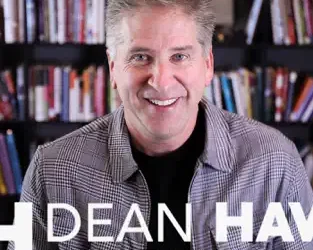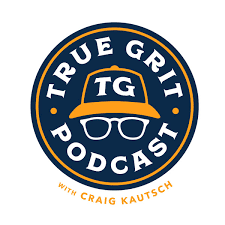I was in Phoenix during Super Bowl weekend partnering with a ministry I work with, Athletes in Action (AIA), who have a very high impact sports presence. I spoke and trained leaders, and also attended an AIA breakfast where Peyton Manning received the Bart Starr Award.
Like all quarterbacks, Peyton Manning is a tremendous offensive player. But to have a great team you must have great defensive players, too. The same holds true in leadership. When your offensive skills overshadow your defensive skills it throws the game out of balance. Good leaders and organizations are able to balance both skills to remain strong competitors in the game.
To use the sports analogy, organizations must be able to play both offense and defense to win. Both require different skills and attitudes from you as the leader.
Offense
Offense is the opportunity part of your job. It is the aspect of being able to move ahead and take initiative, and take the hill. Keep this in mind to become an offensively competent leader:
- See an opportunity that is not yet, before others do. In your industry, be constantly scanning the horizon for a new idea, product or service. You are tasked to literally see the future. You must see something that is not now, but could be in time. Lots of people in your area are doing that right now. Get to that next big thing before it’s the next big thing.
- Think leader thoughts. Seeing the future is very difficult when you are in the midst of the daily grind, or solving issues, or dealing with a crisis. This week, calendar 3 hours for yourself in which you can do what I call “thinking leader thoughts” with no distractions. Do what only you can do from the 50,000 foot level. Think about what is not yet, that could be.
Defense
No company or organization is without problems. They are part of reality, and must be faced. But the defensively competent leader goes beyond this, and takes action to deal with problems. Use the following to develop your defense skills:
- Anticipate speed bumps before they become major accidents. Look for problems, kinks, weaknesses and threats in your organization.
- Analyze, review, evaluate, and ask people about all the bad news. You do not want to be blindsided by a storm because you didn’t pay attention to it.
You will find yourself better at one of these than the other. No one’s needle is right in the middle. But spend some time and energy creating a balance. It’s much better to be able to think in both directions, and be agile enough for any reality, good or bad. Don’t get caught missing an opportunity, or being surprised by a crisis.





